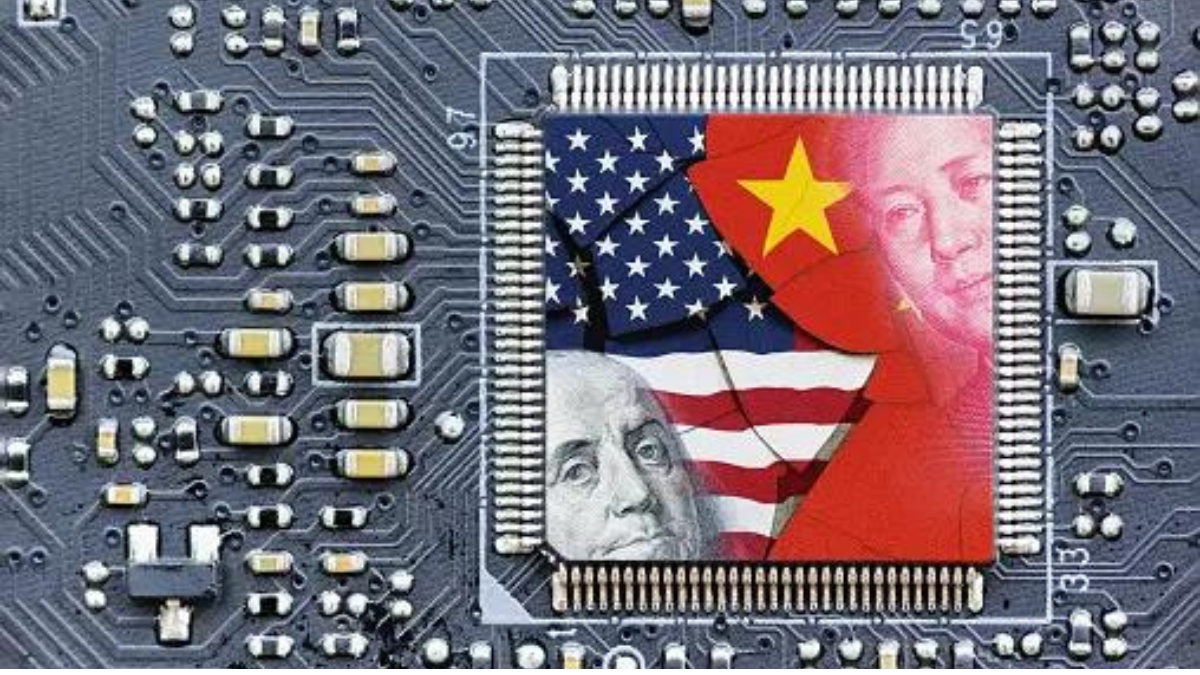In response to the Biden administration’s recent decision to impose further restrictions on advanced chip exports, China has voiced its disapproval. The Chinese foreign ministry claims that these curbs not only contravene the principles of the market economy but also undermine fair competition.
The new measures target chipmaking tools as well as advanced chips, including some from leading chipmaker Nvidia. This move is widely seen as an attempt to close loopholes that became evident after an initial wave of chip controls introduced in October last year.

The United States asserts that these measures are designed to prevent China from acquiring cutting-edge technologies that could be used to bolster its military capabilities, particularly in the realm of artificial intelligence (AI). While the Biden administration denies any intention to harm China’s economy, Beijing’s foreign ministry characterizes the move as “forced de-coupling for political purposes.”
This development has impacted stock markets, particularly in China. Chinese stock markets that feature chip-related companies saw modest declines. The CSI Semiconductor Index dropped 1.4% on the day of the announcement, while the STAR Chip Index lost 1.2%. An index tracking China’s AI companies also closed 1.8% lower.
American chip stocks have also taken a hit due to these curbs, affecting firms like Advanced Micro Devices and Intel. Nvidia, in particular, has highlighted that the new export restrictions will block sales of two high-end artificial intelligence chips it had created for the Chinese market, including A800 and H800. One of its gaming chips will also be affected.
Despite other chip makers being impacted, analysts believe that Nvidia will feel the brunt of these restrictions since China accounts for up to 25% of its revenues from data center chip sales. Consequently, Nvidia’s shares, considered star stock, fell by as much as 4.7% following the announcement.
The Semiconductor Industry Association, representing 99% of the US semiconductor industry by revenue, expressed concerns. It stated that the new measures are “overly broad” and may “risk harming the US semiconductor ecosystem without advancing national security, as they encourage overseas customers to seek alternatives.”
This move follows China’s retaliation two months ago when it restricted exports of two materials, gallium and germanium, essential to the semiconductor industry. China plays a significant role in the global supply chain for these materials, producing 80% of the world’s gallium and 60% of germanium, according to the Critical Raw Materials Alliance (CRMA).
Apart from the United States, Japan and the Netherlands have also imposed chip technology export restrictions on China. This ongoing tit-for-tat between the world’s two largest economies raises concerns about “resource nationalism.” This phenomenon involves governments hoarding critical materials to exert influence over other countries.



